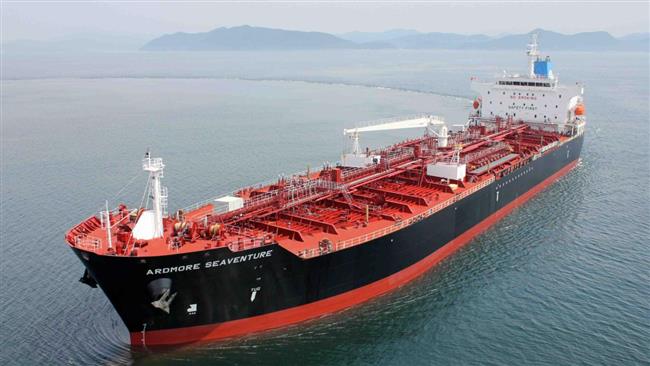Reuters has reported that the International Group of Protection and Indemnity (P&I) Clubs, which brings together leading marine insurers owned by shipping clients and reinsured internationally, has stepped in to provide a larger insurance coverage for transporting Iranian oil.
The International Group has created a “fall-back” of $500 million additional coverage per ship for Iranian oil at no extra cost to the members, the news service said.
The initiative that was taken last week raises the default insurance coverage for tankers carrying Iranian oil to $580 million per ship from $80 million.
Although $580 million coverage is still less than 10 percent of the normal liability coverage of $7.8 billion per ship, Asian shippers such as China, India and South Korea, and some shippers in Europe, may find that enough to transport Iranian oil, Reuters has quoted an unnamed official with Japan P&I Club as saying.
Japanese shippers, however, are more risk-averse and may continue to use the government’s special sovereign shipping insurance to import Iranian oil until normal P&I coverage becomes available again, industry officials have said.
Tokyo stepped in to help its oil importers after Western sanctions imposed against Iran curbed the ability of private insurers to provide tanker cover, Reuters added.
Iran’s First Vice President Es’haq Jahangiri has emphasized that the country’s oil exports saw a major rise of 900,000 barrels per day (bpd) to reach 2.2 million bpd over two months after the removal of sanctions against its oil industry.
In mid-January, a series of economic sanctions that had been imposed on Iran for multiple years were removed after a deal between the country and the P5+1 – the five permanent members of the Security Council plus Germany – was implemented.
The sanctions barred foreign investments in the Iranian oil industry and also limited a low ceiling of 1 million bpd on the country’s oil exports.
Iran’s Oil Minister Bijan Zangeneh had repeatedly emphasized that the Islamic Republic was determined to regain its share of the oil market that it had lost as a result of the sanctions.
Zangeneh had also said on the same front that plans had been devised to increase the country’s oil production by 500,000 bpd immediately after the removal of the sanctions and by a further 500,000 bpd later on.
Last week, he emphasized in his message to the nation on the occasion of the new Iranian calendar year (began 21 March) that Iran has already been able to regain its lost oil market share.
